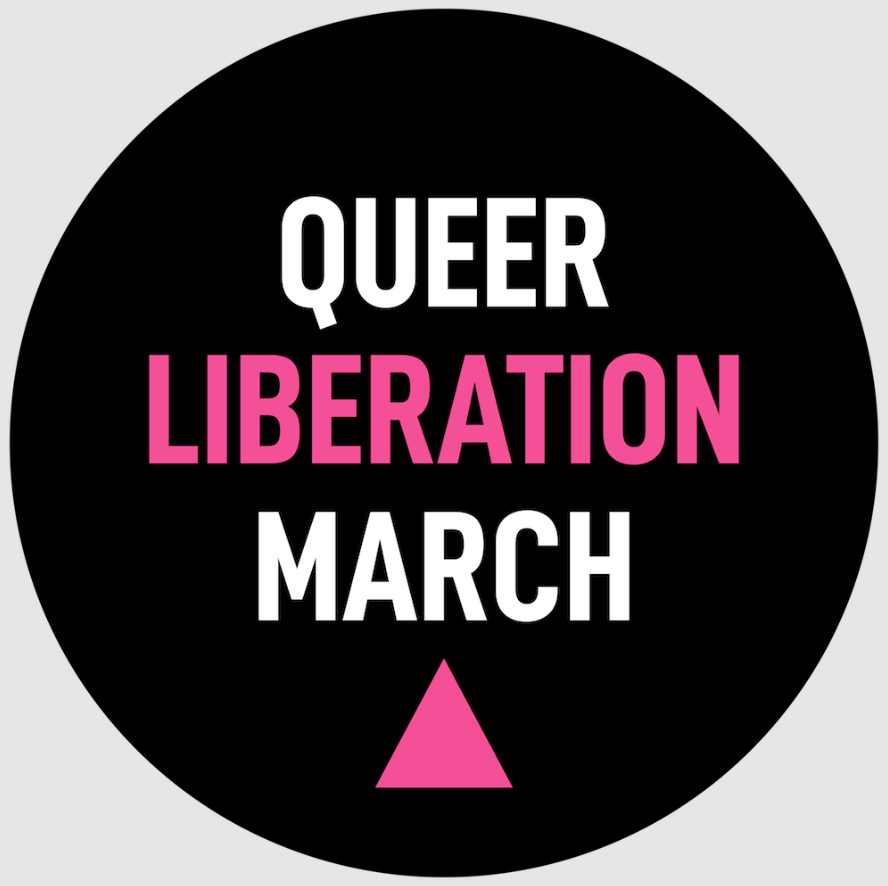The 4th annual Queer Liberation March will take place Sunday, June 26th starting at Foley Square at 2 p.m. and ending at Washington Square Park.
The Reclaim Pride Coalition (RPC)—a New York City based LGBTQIA2S+ activists in alliance with various grassroots community groups, nationally and internationally—announced in a press release that this year’s march will focus on freedom, reproductive justice and bodily autonomy for transgender, Black, Indigenous, people of color. This year’s announcement came shortly after the Supreme Court of the United States’ (SCOTUS) Roe v. Wade draft opinion, which exposes the existential threat to trans people and larger LGBTQIA2S+ communities reproductive rights and freedoms amid a number of transgender, nonbinary and gender nonconforming healthcare criminalization laws in states like Texas, Alabama and Idaho.
However, RPC notes that Roe was always insufficient in ensuring protective reproductive justice, healthcare and needs to trans, BIPOC communities from the get. Inaccessible, inadequate healthcare reflects the economic and legal barriers often barring trans, BIPOC folks from reproductive care.
“Now is the time for us all to fight together. If we don’t fight together, we’ll die together,” said Janis Stacy, who is a trans-identified Native Two Spirit. “Even before this SCOTUS decision, trans people have been denied life saving medical treatments for years. We were told that we aren’t full people. These are life and death issues for many of us. We need our siblings in the LGB community to stand up for us now, because they are coming for you next.”
This is a reminder to others that reproductive healthcare is not only for straight, cisgender white women; this is a reminder to look beyond reinstating Roe v. Wade.
Details for this year’s #QueerLiberationMarch! pic.twitter.com/uLqw7wLNjz
— Reclaim Pride Coalition (@queermarch) May 19, 2022
“So much of the abortion rights community is focused strictly on cisgender women, but young LGBTQIA2S+ people also deserve the right to privacy and safe abortion access – in impoverished communities as much as in rich communities. Many of those people are trans men or non-binary people, and their concerns are just as real as any cisgender woman’s. Especially considering all of the bans on trans kids in sports and now making trans healthcare outright illegal. It’s impossible to decouple this SCOTUS decision from ongoing attempts to control the bodies of anyone who isn’t cisgender, white, and male,” said Paul Nocera, bisexual RPC organizer since 2019.
The impact of the SCOTUS decision would have impacts beyond reproductive rights, but the constitutional rights it supports such as the right to privacy, landmark cases Lawrence v. Texas (which made anti-sodomy laws unconstitutional) and Obergefell v. Hodges. (which granted same-sex couples the right to marry).
The Queer Liberation March is peaceful march, which has no corporate sponsors, neither NYPD control over decisions nor uniformed police marching. “The Queer Liberation March revives the goals and spirit of the original Christopher Street Liberation Day March in 1970, born out of the 1969 Stonewall Uprising: social justice, freedom, and access for all,” says the RCP press release.
To volunteer, donate and for more information about the Queer Liberation March go to the Reclaim Pride Coalition NY’s website.













